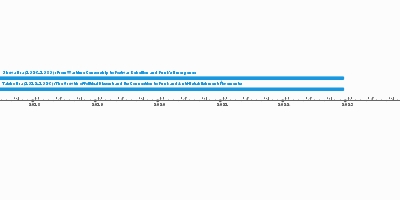Zenkyoto (All-Campus Joint Struggle Councils) & Student Movements (May 1968 – Early 1970s) (1 sett 1973 anni – 1 magg 1986 anni)
Descrizione:
Description:Radical student groups that led protests against university management, U.S.-Japan security treaties, and broader social issues. These groups occupied campuses, organized demonstrations, and sometimes engaged in violent clashes with police, marking a period of intense political activism.
Cultural / Historical Context:
Zenkyoto emerged against the backdrop of the Vietnam War, the U.S.-Japan security alliance, and perceived inadequacies in Japanese democracy. Students felt alienated from the political establishment and sought radical change through direct action. The movement reflected global trends in student activism and anti-establishment sentiment.
Events/Names:
1968-1969: Peak of Zenkyoto activity, with campus occupations and widespread protests.
Key issues: opposition to the Vietnam War, the U.S.-Japan security treaty, and university reforms.
Specific Events:
January 1969: Occupation of Tokyo University's Yasuda Hall: This event became a symbolic standoff between students and authorities, marking a high point of Zenkyoto activity. The eventual police crackdown effectively ended the occupation.
October 21, 1969: International Anti-War Day demonstrations: Zenkyoto and other student groups organized massive demonstrations against the Vietnam War and the U.S.-Japan security treaty, drawing tens of thousands of participants.
Connection to Youth Rebellion /Punk Sentiments:
Zenkyoto represented a direct and often violent challenge to authority. Their occupation of campuses, clashes with police, and radical political demands were a clear rejection of the established order. Like punks, they rejected compromise and sought to dismantle existing power structures. While their methods were often extreme, their underlying desire to create a more just and equitable society resonated with later generations of activists. Their DIY ethos and rejection of mainstream politics foreshadowed the anti-establishment stance of punk rock.
Why This Subculture Matters:
Zenkyoto marked the peak of political activism and youth-led protest in postwar Japan, leaving a lasting impact on Japanese politics and society. They demonstrated the power of collective action and the potential for youth to challenge established institutions. Their legacy can be seen in subsequent protest movements and in ongoing debates about democracy, social justice, and Japan’s role in the world.
Equivalent Western Example:
Comparable to student movements in the United States (anti-Vietnam War protests), France (May 1968), and other countries during the 1960s, who similarly challenged authority and sought radical social change.
Aggiunto al nastro di tempo:
Data:
1 sett 1973 anni
1 magg 1986 anni
~ 12 years
